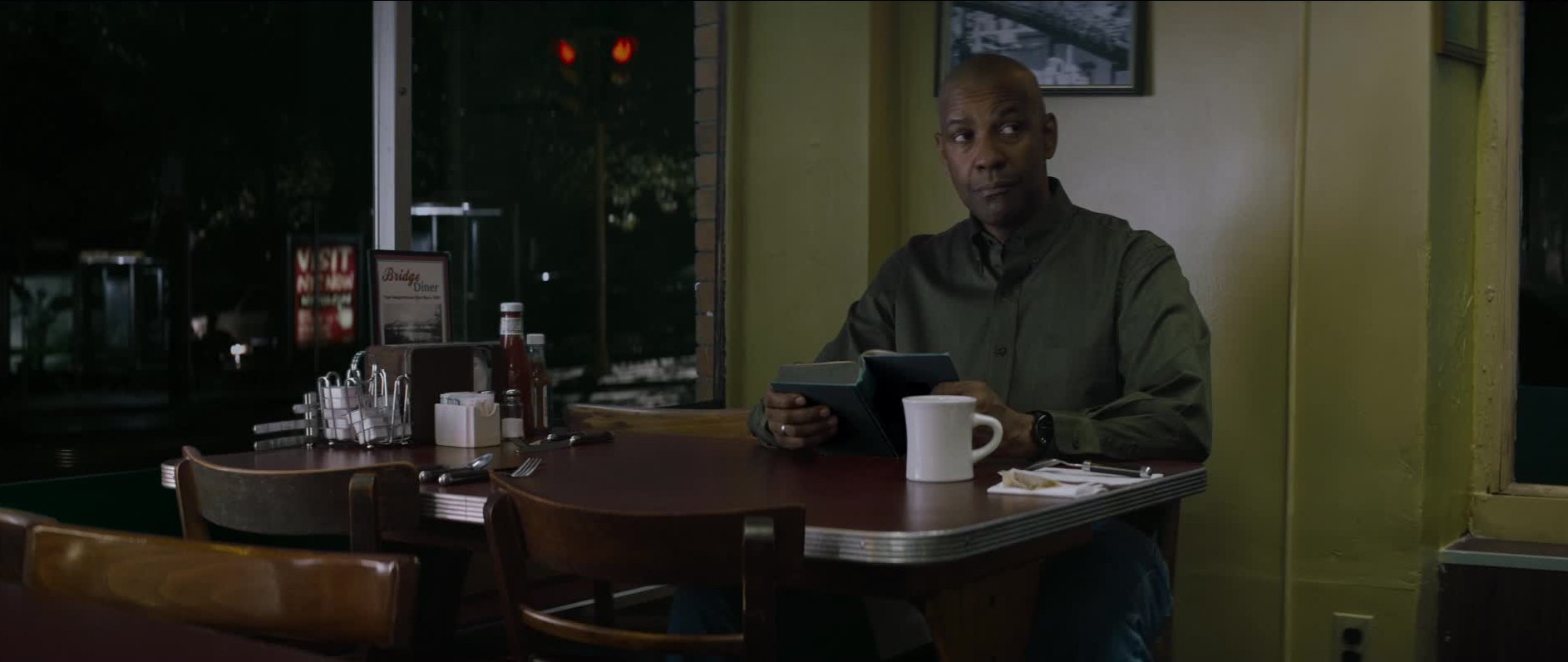The sequel to 2011’s original and once again set in Florida’s Clearwater Marine Aquarium – the real world rescue centre where director Charles Martin Smith continues the story of Winter, the bottlenose dolphin rescued in the first film and given a prosthetic tail after losing her own in a crab trap. Like its predecessor this is a dramatisation of real events and features a return of all of the main cast members as well as Winter herself – this time with a number of new dolphins that will drive the story forward as Winter’s condition sadly deteriorates after the loss at the beginning of the film of the elderly dolphin Panama, who seems to have been her sole aquatic friend. The narrative follows Winter’s state closely and pairs it with the effect on the park and primarily on the two youngsters working there who have bonded the most closely with her (played by Cozi Zuehlsdorff and Nathan Gamble), and who face choices about their own future and the associated new responsibilities that come with them.
It’s a good companion piece to the original and both the story and the acting are engaging enough to merit the currently mooted possibility of a third outing for cast and crew – all except for one moment, when the camera shifts to Winter’s vantage point and when she eyes Dr Clay (Harry Connick Jr.), who is in charge of the centre, the dolphin literally flips out, falsely suggesting some untoward connection between Clay and Winter’s depression. You keep waiting for some horrible revelation that’s probably going to result in police custody and therapy sessions for the kids – I guess it is supposed to intimate blame via proxy for the death of Panama, but it’s very misleading and it’s never really brought up again after the incident.




